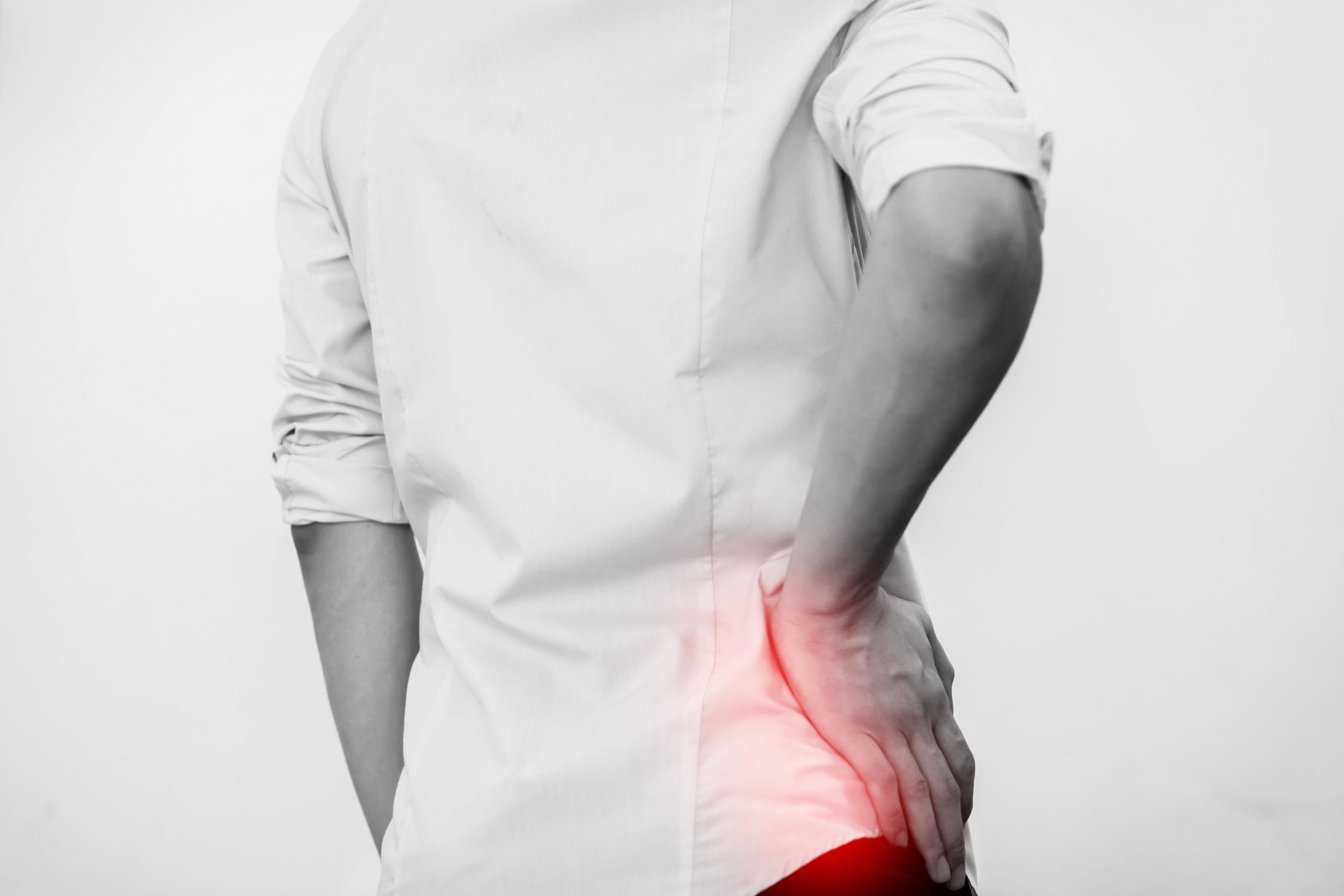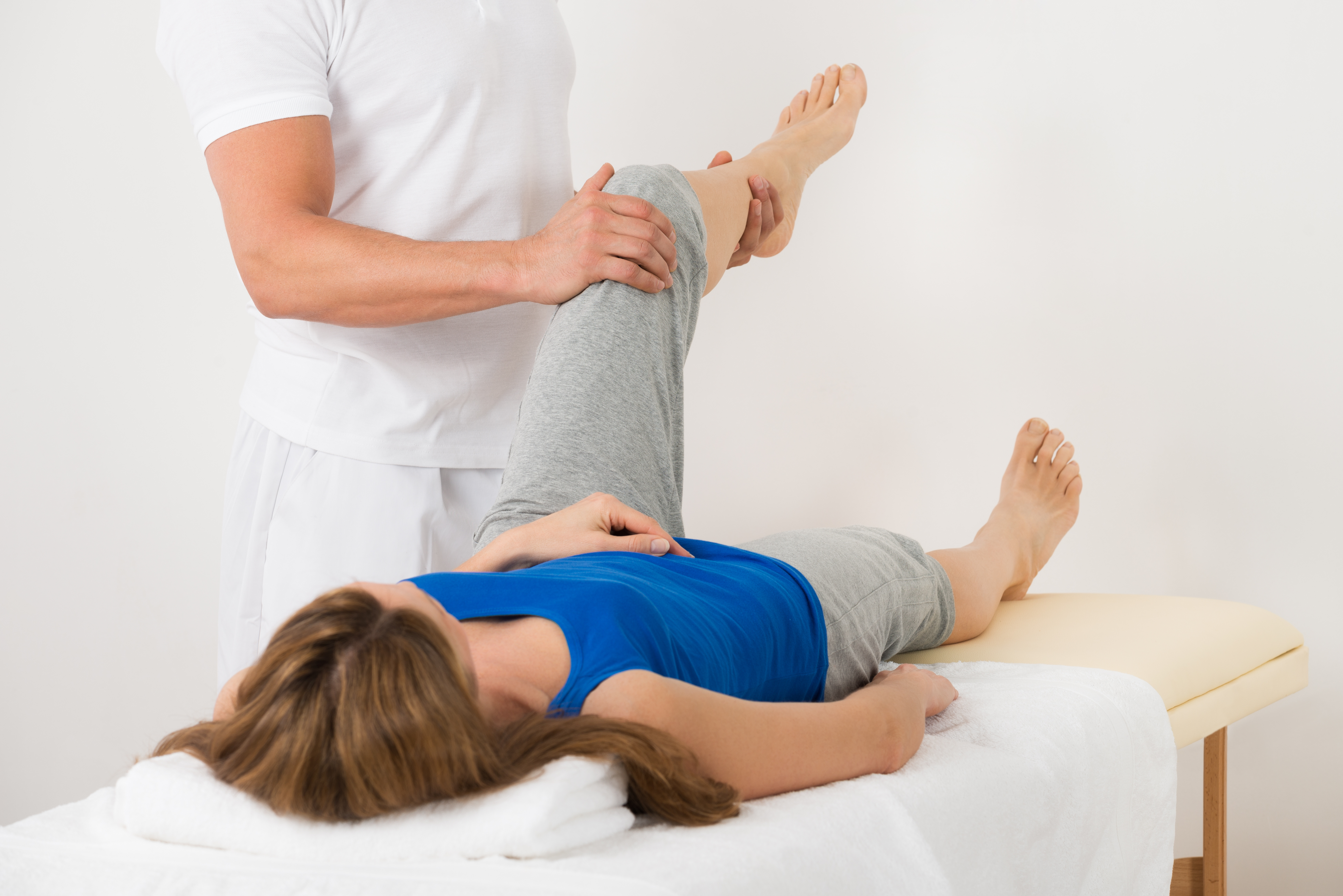What’s wrong with my hip?
This is typically the first question people ask when they come in with pain or injury, “what’s wrong with my…” but the better question to ask is probably, is there something wrong with my hip? You see, not all pain means tissue damage or disease and in fact the majority of injuries are minor but our very first job at MOH is to establish whether you have anything to worry about; and once that is done, what is the best way forward for you?
So how do we work out what’s going on with your hip pain?
We start with a regular, stock standard health and injury history and an orthopedic & neurological assessment that generally involves pushing and pulling on a range of anatomical structures like muscles, tendons and ligaments. This is to help us work out what sort of pain you most likely have (there are different types of pain that need to be managed differently) and to see if we can isolate where the pain might be coming from… but that doesn’t tell us much about why this might be happening or how we’re best to try and change it.
To work these things out we’ll combine what we know from your history and conventional exam with a functional assessment of how you load the hip in various everyday movement patterns like squats, lunges and hops. This video gives you a little sneak peek of some of the things we might look at when assessing your hip so you have an idea of what we’re looking at when we examine you.


Why your examination matters as much as your treatment
This style of injury assessment is fairly fluid and it allows us to see how you actually move and use your body. Most importantly though, it allows us to experiment with changing your movement and loading strategies. This gives us some idea of why things might have gone awry but the important bit is that it helps identify ways in which we can increase your functional capacity and decrease your pain.
This assessment is a critical point of difference because while many therapists take a pain dependent approach (meaning they enforce rest and wait for your pain to resolve) we know that all the evidence suggests we need to tackle things the other way around. That is, we need to increase your functional capacity to decrease your pain.
If hip pain is holding you back, make an appointment to have it assessed with us today.
Want to know more?
You can learn more about the MOH approach to hip pain and improving hip function by checking out blogs in the MOH Hip series;
- Osteopathic treatment for hip pain
- Functional exercises for hip pain
- Pilates for Hip strength & stability
- Glute strength for hip health
- Myotherapy for hip pain
For more information, ideas and exercises check out our Health Tips blog.



